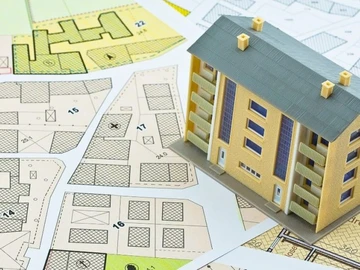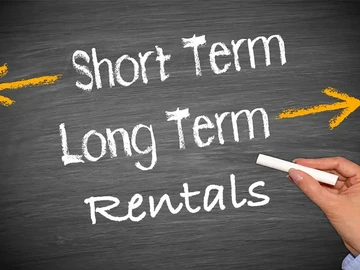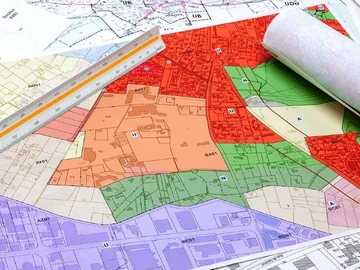As global real estate markets face unpredictable challenges in 2024, Zimbabwe stands out with a unique opportunity to chart its own resilient path forward. Experts in the property sector believe the country’s local dynamics, if properly leveraged, could mitigate the risks brought on by economic instability across the globe.
Global Property Market Challenges
Across mature economies, the traditional property cycle has been disrupted by:
- Lingering effects of the COVID-19 pandemic
- Interest rate hikes from monetary tightening
- Geopolitical instability
- Election-year uncertainty in major global economies
These factors have shaken investor confidence and slowed down property transactions in many parts of the world. As real estate demand is closely tied to economic activity, global turbulence has created downward pressure on property investment in multiple regions.
Zimbabwe’s Unique Advantage
Despite these headwinds, Zimbabwe is positioned to weather the storm if macroeconomic stability is achieved. According to Mashonaland Holdings MD Gibson Mapfidza, much of Zimbabwe’s macroeconomic volatility is rooted in trust issues and currency devaluation rather than fundamental economic weakness.
Here’s what gives Zimbabwe a distinct edge:
- Strong domestic demand for property and infrastructure
- Institutional investors seeking safe-haven investments amid inflation
- A large housing and infrastructure gap driven by urbanization and population growth
- A growing diaspora community eager to invest back home
Bubble Risks and the Cluster Housing Boom
Mapfidza warns of a potential bubble forming, especially in the cluster housing market, which is experiencing rapid growth.
“The bubble, however, will burst at some point resulting in far reaching investment losses,” he says.
Key risks include:
- Oversupply of cluster homes
- Escalating construction costs driven by inflation and high interest rates
- Weak market regulation, especially around development and pricing
Office Space: Still Relevant in Zimbabwe
While many global markets are shifting toward remote work, Zimbabwe remains dependent on physical office spaces. Poor ICT infrastructure and power challenges make remote work less viable, pushing companies to retain traditional office setups.
That said, Mapfidza sees an opportunity to reimagine office spaces as collaborative hubs that foster teamwork and culture, rather than just functional workstations.
Unlocking Local Potential Through Reforms
Denford Chatendeuka, a property developer and legal expert, believes the future of Zimbabwe’s real estate hinges on policy reform and strategic branding. He identifies three core opportunities:
- Huge Housing Supply Gap: Decades of slow housing development mean demand far outweighs supply.
- Diaspora Investment Appetite: Zimbabweans abroad are actively seeking to invest in property at home.
- High Demand for Freehold Title Land: The outdated land tenure system has led to increased demand for titled land due to its security.
Chatendeuka calls for:
- Land tenure reform, especially in peri-urban areas
- Stable currency policy to support diaspora and local mortgage products
- Proactive branding of Zimbabwe’s real estate sector to attract global interest—citing Dubai as an example of intentional image-building
Infrastructure as the Next Big Opportunity
Mapfidza emphasizes Zimbabwe’s infrastructure gap as an attractive opportunity for long-term investors:
- Urbanization is driving demand for roads, water, energy, and social infrastructure.
- Affordable housing with reliable bulk infrastructure remains a high-potential investment area.
- With the right macroeconomic stability, locally priced resources could be mobilized to meet these development needs.
Impact of Global Monetary Policy
Global inflation-fighting policies have led to high interest rates that are expected to remain elevated through 2024. This restricts the flow of capital from developed to developing nations.
Zimbabwe’s response to these global dynamics will largely determine how its market evolves in 2024. Local fundamentals and sound policy decisions rather than global trends will shape the year ahead.
The Way Forward
Zimbabwe’s property market has the potential to chart its own growth path, insulated from the turbulence seen in global markets if the right levers are pulled.
Key steps include:
- Stabilizing the economy and currency
- Reforming land tenure systems
- Encouraging diaspora participation
- Proactively branding the local market
- Investing in infrastructure-led growth
With discipline, vision, and supportive policy, Zimbabwe can transform global challenges into local opportunities.
 Continue with Facebook
Continue with Facebook
 Continue with Email
Continue with Email














